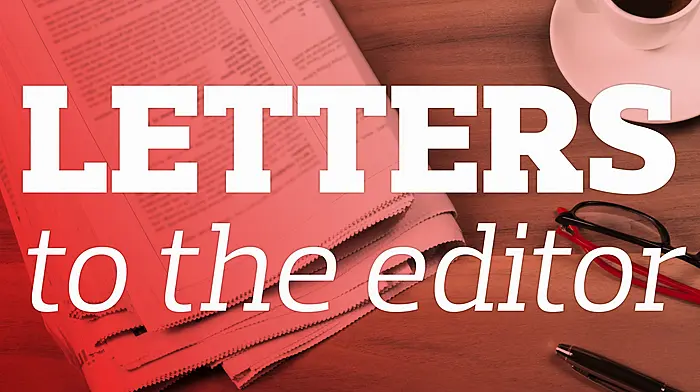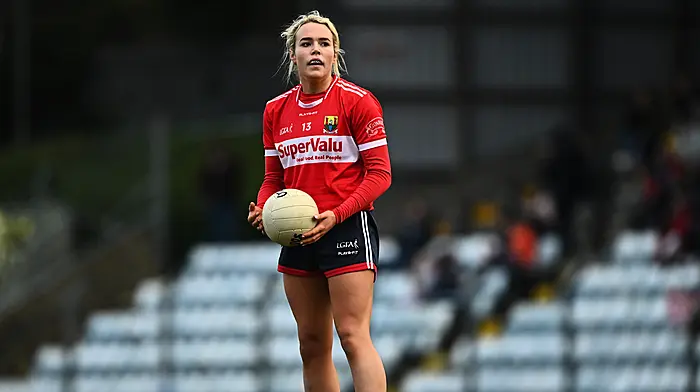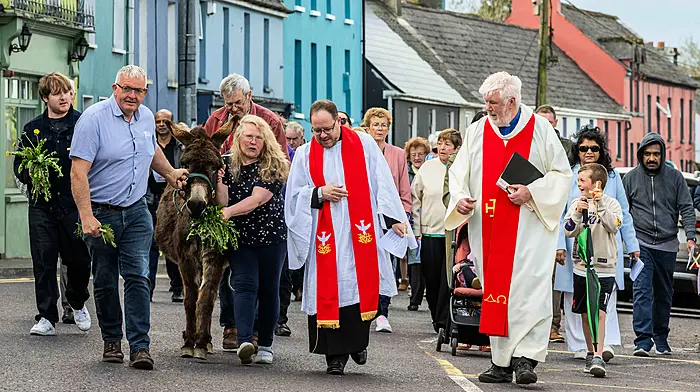A VERY well-known and respected local councillor has become the latest politician to throw in the towel, at a time when many would have expected he still had a long and successful career ahead of him.
Independent Cllr Paul Hayes has over 20 years of experience behind him, so has seen the ups and downs of local politics, and even dipped his toe into the national arena, both as a candidate and a director of elections.
There is no disputing that Cllr Hayes is one of the most affable and well-liked members of Cork County Council.
The former Sinn Féin member-turned-independent is also one of the most hard-working and most recognisable members of the local authority. But this week he has called ‘time’ on his career.
Citing the heavy workload and the lack of proper remuneration for his time, the Courtmacsherry-based councillor said he will not put his name forward for June’s local elections.
Cllr Hayes is one in a long list of local councillors opting to leave politics in recent years.
Our exclusive story this week names those in West Cork who have opted to call a halt to their political careers in the West Cork area – but a perusal of the names of those current and former members of Cork County Council who have made, or will shortly make, a similar decision, is a worryingly long list. And many of those on the list are relatively young, or very young, politicians who could have had very lengthy and successful futures – some may even have national roles ahead of them.
But there are three main reasons being cited by our various political representatives for their decisions to opt out – time, money and social media abuse.
This week Cllr Hayes pointed out that while the remuneration for the role on the local authority has gone from €17,000 to €26,000 in recent years, it’s not enough.
There is no doubt that it is now a full-time job to keep on top of meetings, attendances at events and reading up on the documentation needed to fulfil the increasingly demanding role.
Politicians often get a rough ride for wanting to seek such a public role, but that role has changed dramatically in recent decades. Gone are the days when the party faithful could rock up to a meeting, listen half-heartedly to the ‘county manager’ (nowadays known as the chief executive) and their staff, and make a few throwaway comments for the local reporter, and head back to their homes and day jobs until the next monthly meeting.
Nowadays there are committees, public appearances, awards presentations, press launches, and much more to contend with. And if you don’t appear at them, your local rival will, and so you are led to believe that your seat could be in jeopardy if you’re a no-show too often.
Allied to this is the arrival of social media which means that as well as having a physical presence in your community, you must also have an online presence, posting comments, photos and even videos, to show your ‘followers’ what a busy and enthusiastic representative you are, doing all you can on their behalf.
It is an exhausting cycle of never-ending demands on time and, as Cllr Hayes rightly pointed out, the €26,000 remuneration is a long away off the €45,000 that has been estimated as Ireland’s average wage.
Another, more sinister, element of the decision taken by many councillors – especially female ones – has been the ease of access to them as a result of social media.
Critics and opponents of politicians can now target them directly online – and often anonymously, causing huge distress for many.
Female politicians have found themselves specifically targeted, and often about their appearance, which has no bearing on their politics, of course, but can cause them immense upset. In a smaller, but growing, number of disturbing cases, politicians have been stalked online and sent disgusting messages, some leading to criminal proceedings.
But if these various issues are not addressed sufficiently, we are going to continue to lose very good and dedicated public representatives.
Sadly, the greatest loss will be to democracy itself.










